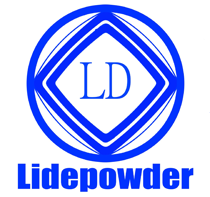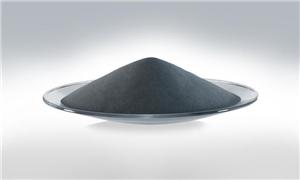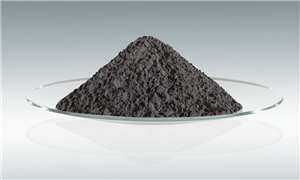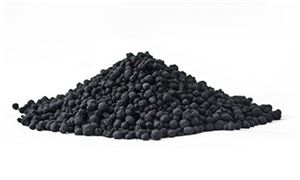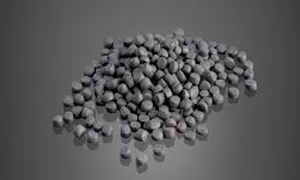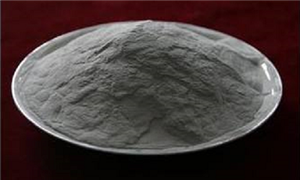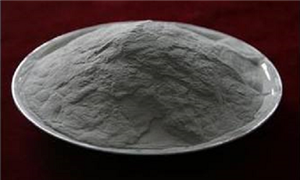- Home
- >
- News
- >
- Company news
- >
- Unlocking Advanced Metal Powders: VIGA vs. EIGA vs. PREP vs. PA - Which Atomization Process Wins
Unlocking Advanced Metal Powders: VIGA vs. EIGA vs. PREP vs. PA - Which Atomization Process Wins
Metal powders are the lifeblood of additive manufacturing (AM), aerospace components, and high-value industrial applications. But not all powders are created equal. The choice of atomization technology directly impacts powder purity, particle size, morphology, and cost. In this deep dive, we compare leading processes:VIGA, EIGA, PREP, PA.—and reveal how they shape the future of manufacturing.
Why Atomization Matters: The Core Challenge
Contamination control, particle sphericity, and fine powder yield define success in metal powder production.
Traditional methods struggle with:
- Crucible contamination(e.g., Al₂O₃/SiO₂ in ceramics)
- Oxygen sensitivity (<500 ppm required for reactive alloys like Ti-6Al-4V)
- Satellite particles reducing flowability
- Trade-offs between particle size and production cost
Here’s how modern techniques solve these:
1. VIGA (Vacuum Induction Gas Atomization)
Ideal for: Nickel superalloys (IN718), maraging steels, MIM powders
Key Advantages:
- ✅ Ultra-low oxygen (50–200 ppm)
- ✅ High sphericity & batch consistency
- ✅ Scalable production (tons/year)
Limitations:
- ❌ Crucible contamination risk for reactive metals
- ❌ Max melt temp: 1,600°C
VIGA dominates AM powder supply chains for its cost efficiency in non-reactive alloys.
---
2. EIGA (Electrode Induction Melting Gas Atomization)
Ideal for: Titanium alloys, Zr/Nb/Ta, biomedical implants
Breakthrough Innovation:
- ✅ Zero ceramic contact (crucible-free)
- ✅ Oxygen < 100 ppm
- ✅ Handles melting points ≤ 2,500°C
Trade-offs:
- ❌ Requires pre-alloyed electrodes
- ❌ Limited melt flow rates (~50 kg/h)
>EIGA is the gold standard for aerospace-grade Ti64 powder—where purity is non-negotiable.
---
3. PREP (Plasma Rotating Electrode Process)
Ideal for: Spherical powders for EBM, HIP, and critical rotating parts
Why Engineers Choose PREP:
- ✅ Satellite-free particles
- ✅ Narrow PSD (d50 = 100–300 μm)
- ✅ Near-theoretical tap density
Drawbacks:
- ❌ High cost per kg
- ❌ Limited fine powder yield (<45 μm)
PREP powders enable fatigue-resistant jet engine components—where microstructure homogeneity saves lives.
4. Plasma Atomization (PA)
Ideal for: Refractory metals (W, Mo), TiAl intermetallics
Cutting-Edge Features:
- ✅ Cold crucible technology(copper skull protection)
- ✅ Processes oxides/carbides
- ✅ High superheat capability
Challenges:
- ❌ Energy-intensive
- ❌ Complex safety protocols
